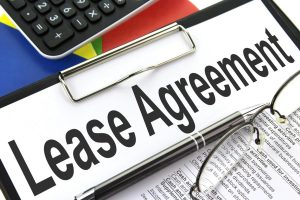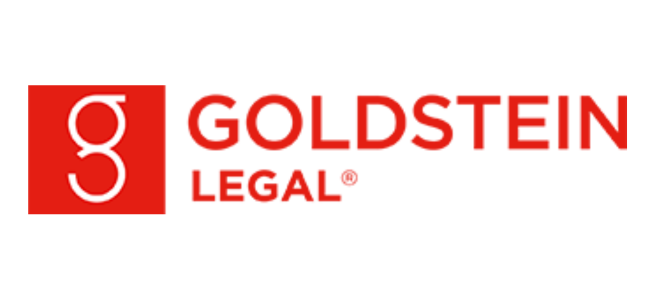Covid-19 and Commercial Leases
In this blog, Goldstein Legal discuss the issues facing commercial landlords and tenants as the Covid-19 pandemic continues. While it is our intention to provide practical guidance for those affected at this time, we are also available to offer more detailed advice. Please contact us on 01753 865165 or [email protected]

Typical commercial leases require a tenant to adhere to orders issued by relevant authorities. This means that a tenant would be in breach of their lease if they ignored government measures to help prevent the spread of Covid-19 by continuing to physically occupy premises. It is likely that landlords are in a similar position as employers are not permitted to allow their employees to work in business premises as usual. Evidently, as both parties are in the same boat, a collaborative approach is required.
Does force majeure apply?
Force majeure is a clause drafted into commercial agreements permitting one, or both, parties the ability to terminate or suspend their obligations if an unforeseen event occurs. While such clauses are common in contractual business arrangements, they are not often included in lease agreements. Instead, the doctrine of frustration is more relevant to parties concerned about their lease obligations during the current pandemic. Goldstein Legal recently released a blog on frustration that is available to view at the following link – https://www.goldsteinlegal.co.uk/covid-19-and-frustration/. It must be noted that the legal test for frustration is high and unlikely to succeed if the period of lock-down remains brief. However, some legal commentators believe there may be scope for successful frustration claims if a lease is short term, has minimum time remaining, contains restrictive user provisions, and the ability to sublet or assign is not realistic in a falling market. Any tenant considering the use of frustration should seek legal advice before doing so.
Can a tenant withhold rent?
Most commercial leases do not permit a tenant to withhold rent under any circumstances as doing so would give rise to the landlords right of re-entry/forfeiture. However, the introduction of the Coronavirus Act 2020 has temporarily changed this. The Act, which came into effect on 26th March, has suspended the landlord’s right to forfeit business leases where the tenant is unable to pay rent. It is worth noting that the suspension only runs for the period up until 30th June 2020, although this date is open to extension by the government. The provision does not mean the landlord is unable to exercise any rights under the lease, or that the tenant is not required to pay any sums for the period. Instead, the measure merely suspends the tenants obligation to pay rent for a specific period, meaning the missed payments will need to be made at a later time. Although debated, it is thought that the suspension does not apply to those occupying premises by way of a licence or other contractual arrangement.
Can a landlord grant a rental concession?
Tenants that are able to pay their rent cannot rely on the Coronavirus Act 2020 and are encouraged to approach their landlords directly. If the landlord is agreeable, it may be that the rental risk can be shared between the parties during this uncertain time. A rental concession could take the form of a reduction in rent or a re-evaluation of the lease provisions in light of the pandemic. However, tenants are reminded that there is no legal obligation for the landlord to agree to any such temporary arrangement, although it is likely in their interest to accommodate tenants at this time. Both parties are encouraged to seek advice to ensure the proper legal requirements are in place if a concession is agreed.
Does the landlord have a specific health and safety duty?
Landlords may have a responsibility to tenants if common parts of a building are under their control. While there are no specific health and safety regulations at present, landlords are encouraged to assess the risks of Covid-19 on any such working environments. It is strongly advised that landlords keep abreast of changes to health and safety standards, government regulations and statutory provisions as the situation continues. This is particularly pertinent as the government considers easing lock-down restrictions.




